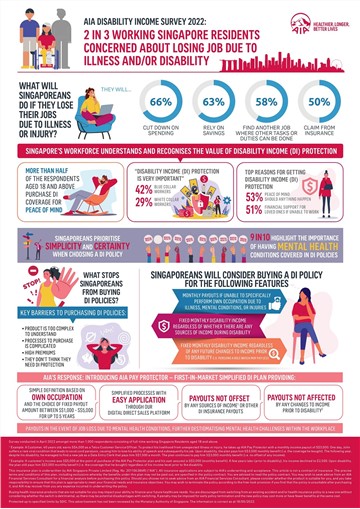BEIRUT, May 25 (Xinhua) -- Economists in Lebanon have voiced their concerns about the latest financial recovery plan approved by the government last week, which aimed to unlock funds from the International Monetary Fund (IMF) to help the country recover from a three-year financial crisis.
"A large part" of the Lebanese central bank's foreign currency obligations to commercial banks will be cancelled and non-viable banks should be dissolved by November, according to the plan, which was passed by Lebanon's cabinet on May 20, hours before losing its decision-making power following the election of a new parliament on May 15.
The plan also includes IMF-required measures such as amending Lebanon's banking secrecy law, banking restructuring law, and a capital control law that aims to bring Lebanon up to international standards in the battle against corruption but have repeatedly failed to pass in the parliament.
Lebanese Prime Minister Najib Mikati said the plan would protect small depositors "to the maximum extent possible" in each viable bank, without specifying the sources of funds that will be used to compensate people for their lost money.
"The plan did not specify how banks would repay depositors' money. Lebanon would not be able to restore confidence in the banking sector if depositors' money were not recuperated," Habib Zoghbi, an economist and president of the Harvard Business School Club in Lebanon, told Xinhua.
Mounir Younes, an economist and former editor-in-chief of Kuwaiti newspaper Al Qabas, voiced his concerns about the plan, as it would allow repaying the money of big depositors by giving them shares in the banks or converting a large portion of dollar deposits to Lebanese pounds at rates that would wipe out much of their value.
"The plan should state that depositors' money would be paid back in the deposit currency; paying back people's dollar deposits in Lebanese pounds, as is the case today, is unfair," Younes said.
According to the financial recovery plan, the Lebanese government plans to downsize the banking sector, with only about 15 of Lebanon's 60 banks remaining operational, which Younes said raises concerns about the banks' ability to repay depositors' money.
"Banks will probably liquidate their assets and just return a portion of depositors' money," he said
The Lebanese economist was also worried about the new parliament's ability to pass swift legislations that would allow the government to undertake a proper recovery plan, which also includes a budget for 2022 and a unified exchange rate.
"The new parliament is controlled by many opposing groups, which will make voting on important economic reforms to alleviate the country's fiscal crisis more difficult," Younes explained.
Negotiations with the IMF were a topic of discussion in Lebanon, as Hezbollah, which controls a substantial portion of parliament together with its allies, spoke out against the IMF managing Lebanon's financial crisis and claimed that the country could not withstand the fund's terms.
If Lebanon fails to reach an agreement with the IMF, political leaders may be forced to sell Lebanon's gold reserves, which "would be a disaster as Lebanon would be liquidating some of the country's most important resources," Younes warned.




















Latest comments